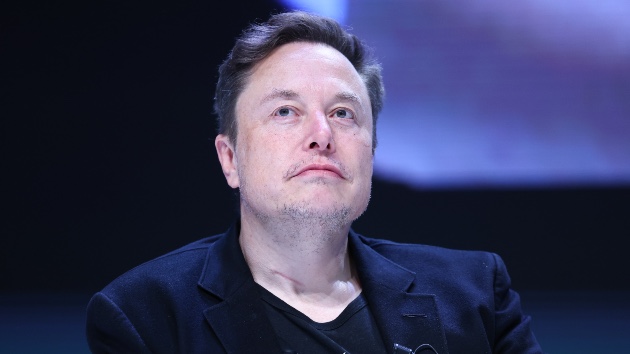
(NEW YORK) — In a letter to shareholders, Warren Buffett revealed that he would be donating more than $1.1 billion of Berkshire Hathaway stock to four of his family’s foundations. In addition, he detailed plans for distributing his wealth after his death.
Buffett, the CEO and Chairman of Berkshire Hathaway, reflected in the letter released Monday on his life and how long he has lived.
“Father time always wins. But he can be fickle – indeed unfair and even cruel – sometimes ending life at birth or soon thereafter while, at other times, waiting a century or so before paying a visit,” Buffett said. “To date, I’ve been very lucky, but, before long, he will get around to me.”
Buffet, 94, said he and his late wife, Susan Buffett, always expected she would outlive him and be the one to distribute his fortune.
But when Susan died in 2004, with a fortune of $3 billion and 96% of that going to the foundation, she left $10 million to each of their three children.
That was the largest gift they had given them, Buffet said.
Buffett believes that parents should support their children but do so in a meaningful way.
“Our belief that hugely wealthy parents should leave their children enough so they can do anything but not enough that they can do nothing,” Buffett wrote in his letter to shareholders.
Buffett explains that he “never wished to create a dynasty or pursue any plan that extended beyond the children.” He also admits that while he and Susan encouraged the children to get involved in philanthropy, that the children weren’t ready to handle the wealth Berkshire stocks had generated in light of their mother’s death.
Since the 2006 lifetime pledge Buffett made and later expanded, the children have dramatically increased their philanthropic activities, Buffet said. And now Buffett is entrusting them fully.
“The children have now more than justified our hopes and, upon my death, will have full responsibility for gradually distributing all of my Berkshire holdings,” Buffet said. “These now account for 99 1⁄2% of my wealth.”
Buffett has described his wealth and age as “lucky” but he also sees a downside to it, he said.
“There is, however, a downside to my good fortune in avoiding his notice. The expected life span of my children has materially diminished since the 2006 pledge. They are now 71, 69 and 66.”
With his children getting older, the family has also designated three potential successors, Buffett said.
“Each is well known to my children and makes sense to all of us. They are also somewhat younger than my children,” Buffett said.
Buffett also reflects on his “lucky streak” dating back to 1930 when he was born as white male in the United States. He mentions his two sisters being promised by the 19th Amendment to be treated equally with males. And he admits to growing in a country that has not yet fulfilled its promises elsewhere.
“In 1930, however, I emerged in a country that hadn’t yet gotten around to fulfilling its earlier aspirations,” Buffett said. “Aided by Billie Jean King, Sandra Day O’Connor, Ruth Bader Ginsberg, and countless others, things began changing in the 1970s.”
Favored by male status, Buffet said he had confidence he would become rich one day. But he never expected it to be the way it is, he said.
“But in no way did I, or anyone else, dream of the fortunes that have become attainable in America during the last few decades,” Buffett said. “Billions became the new millions.”
Copyright © 2024, ABC Audio. All rights reserved.








